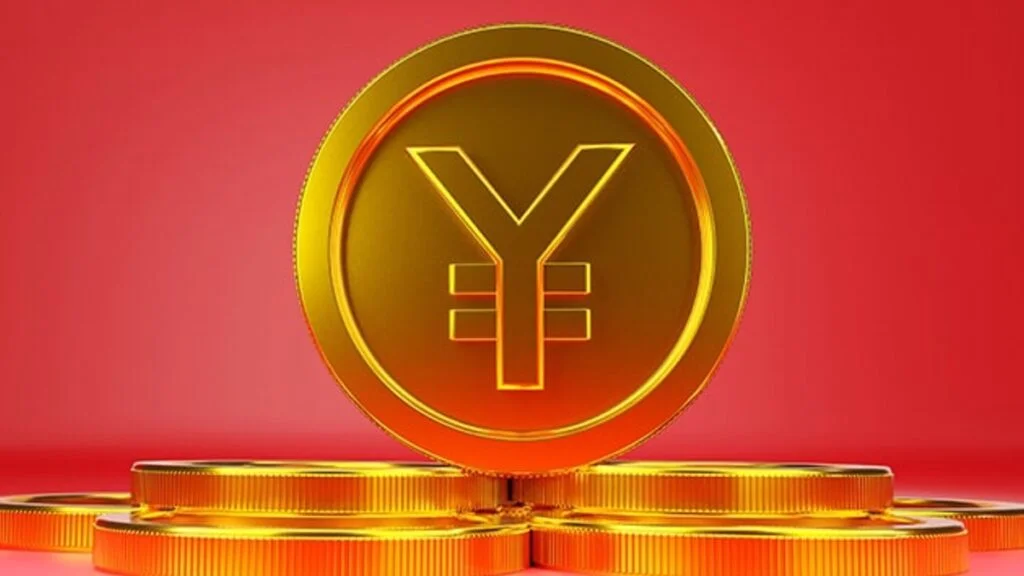China is increasing the use cases for its CBDC, known as digital yuan or e-CNY for its Belt and Road program and cross-border trading.

One of the initial CBDCs that was created and extensively tested was the digital yuan, often known as the digital RMB. Despite the lack of a formal launch, the government has broadened the scope of its testing to cover numerous cities and millions of people.
In Xuzhou, the starting point for many freight trains from China bound for Europe, a plan promoting the use of the Chinese digital currency in cross-border trade was released.
According to the South China Morning Post, there are 18 frequent cross-border rail connections from the city to 21 countries in Asia and Europe.
Xuzhou, a commercial hub, intends to encourage the usage of e-CNY for services and storage fees for products transported by cross-border trains. In the future, the project intends to expand the use of e-CNY to pay for city services including utility bills and taxes.
Particularly Jiangsu Province has been particularly aggressive in promoting use cases for the digital yuan. Another city in the province, Changshu, declared that it will start paying employees of government agencies and other public entities in digital yuan.
In addition to Xuzhou, the Greater Bay Area of Guangdong, Hong Kong, and Macau will serve as a testing ground for cross-border yuan payments, according to the Hong Kong Monetary Authority.
The People’s Bank of China, the mainland’s central bank, and the Hong Kong Monetary Authority are collaborating to test the use of the digital yuan for cross-border payments in Hong Kong, according to HKMA deputy chief executive Darryl Chan.
Chan noted that in order to “improve efficiency and reduce the cost of cross-border transactions,” the HKMA, China, and two other countries were looking into a different cross-border project involving Thailand and the United Arab Emirates.
At a time when international trade markets are evolving away from the traditional U.S. dollar, the Chinese government has increased its CBDC initiatives. China recently finalized a number of trade agreements with nations like Russia and India who prefer their native currencies to the US dollar.
